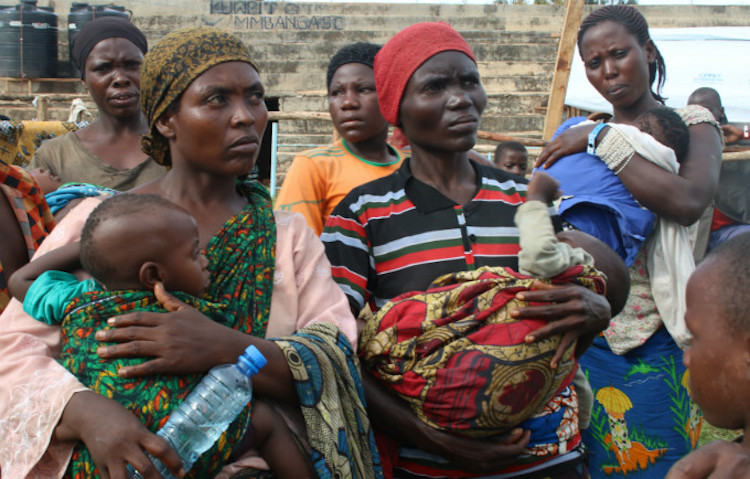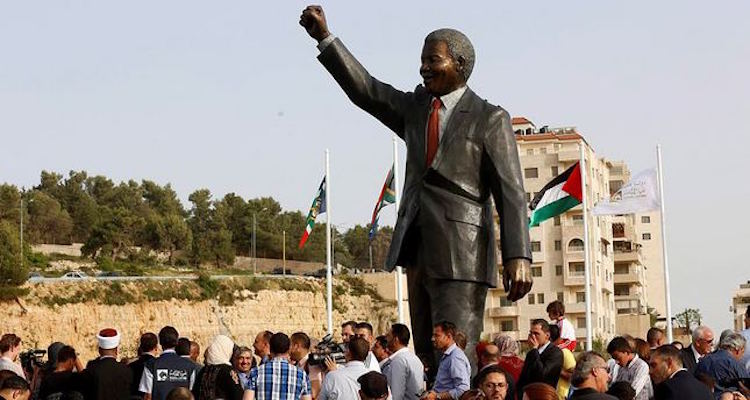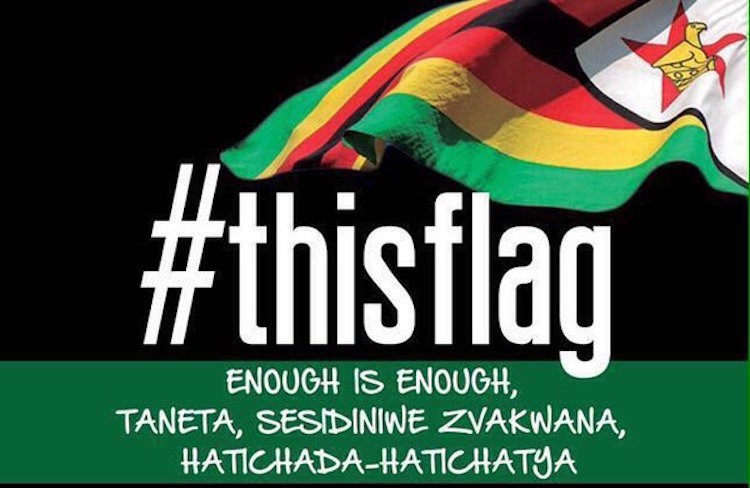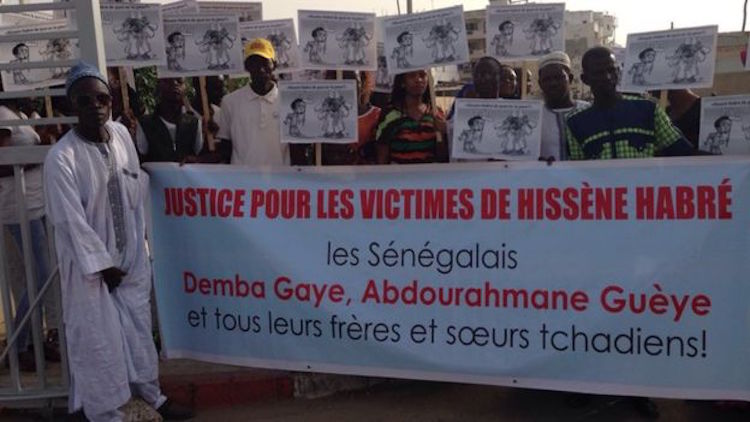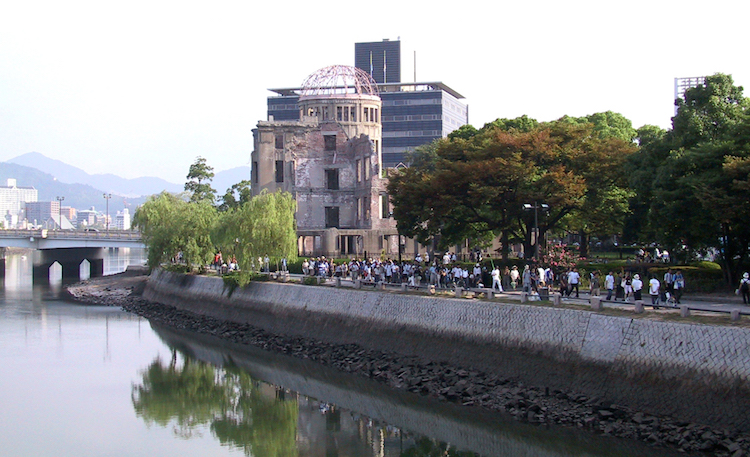Analysis by Shastri Ramachandaran
GUANGZHOU | China (IDN) – Twenty years of striving to strengthen understanding, trust and cooperation between two continents through political dialogue, economic cooperation and socio-cultural exchange is a remarkable effort.
In the course of these two decades, the Asia-Europe Meeting (ASEM), as the pre-eminent trans-regional forum in this part of the world, has come a long way for its modest beginnings in Bangkok in 1996 attended by 25 Asian and European leaders.
Today, it has 53 members, and more than 200 of their representatives gathered in Guangzhou on May 9-10 for the Media Dialogue on Connectivity held for Promoting Public Awareness and Partnership. It was a milestone on the eve of the ASEM’s 11th Summit scheduled in Ulaan Baatar, Mongolia, in July 2016.


